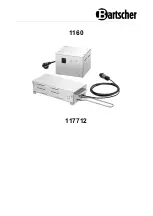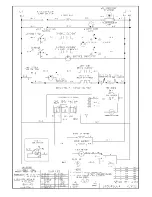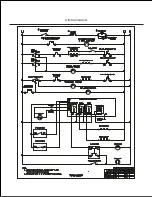
en
How it works
30
Topic
Tip
Your cake is unevenly
browned.
¡
Reduce the baking
temperature.
¡
Cut the greaseproof
paper to a suitable
size.
¡
Position the baking tin
in the centre.
¡
Shape small baked
goods to be the same
size and thickness.
Your cake is cooked on
the outside but is not fully
baked through on the in-
side.
¡
Reduce the baking
temperature and in-
crease the baking
time.
¡
Add less liquid.
For cakes with a moist
topping:
¡
Pre-bake the base.
¡
Sprinkle the baked
base with almonds or
breadcrumbs.
¡
Place the topping on
the base.
The cake will not come
out of the tin when turned
upside down.
¡
Allow the cake to cool
for 5–10 minutes after
baking.
¡
Use a knife to carefully
loosen the edge of the
cake.
¡
Turn the cake tin up-
side down again and
cover it several times
with a cold, wet cloth.
¡
Next time you bake,
grease the baking tin/
dish and sprinkle it
with breadcrumbs.
20.6 Bread and bread rolls
The values for bread dough apply to both dough
placed on a tray and dough placed in a loaf tin.
ATTENTION!
When the cooking compartment is hot, any water in-
side it will create steam. The change in temperature
may cause damage.
▶
Never pour water into the cooking compartment
when it is still hot.
▶
Never place cookware containing water on the
cooking compartment floor.
Recommended settings
Bread and bread rolls
Meal
Accessory/cookware Shelf posi-
tion
Type of
heating
Temperature
in °C
Cooking
time,
minutes
Bread, 750 g, in a loaf tin or free-form
Universal pan
or
Loaf tin
2
180–200
50–60
Bread, 1000 g, in a loaf tin or free-form Universal pan
or
Loaf tin
2
200–220
35–50
Bread, 1500 g, in a loaf tin or free-form Universal pan
or
Loaf tin
2
180–200
60–70
Flatbread
Universal pan
3
240–250
25–30
Flatbread, frozen
1
Universal pan
2
200–220
2
10–25
Bread rolls, sweet, fresh
Universal pan
3
170–180
2
20–30
1
The cooking process must take place on the appliance baking tray.
2
Preheat the appliance.











































